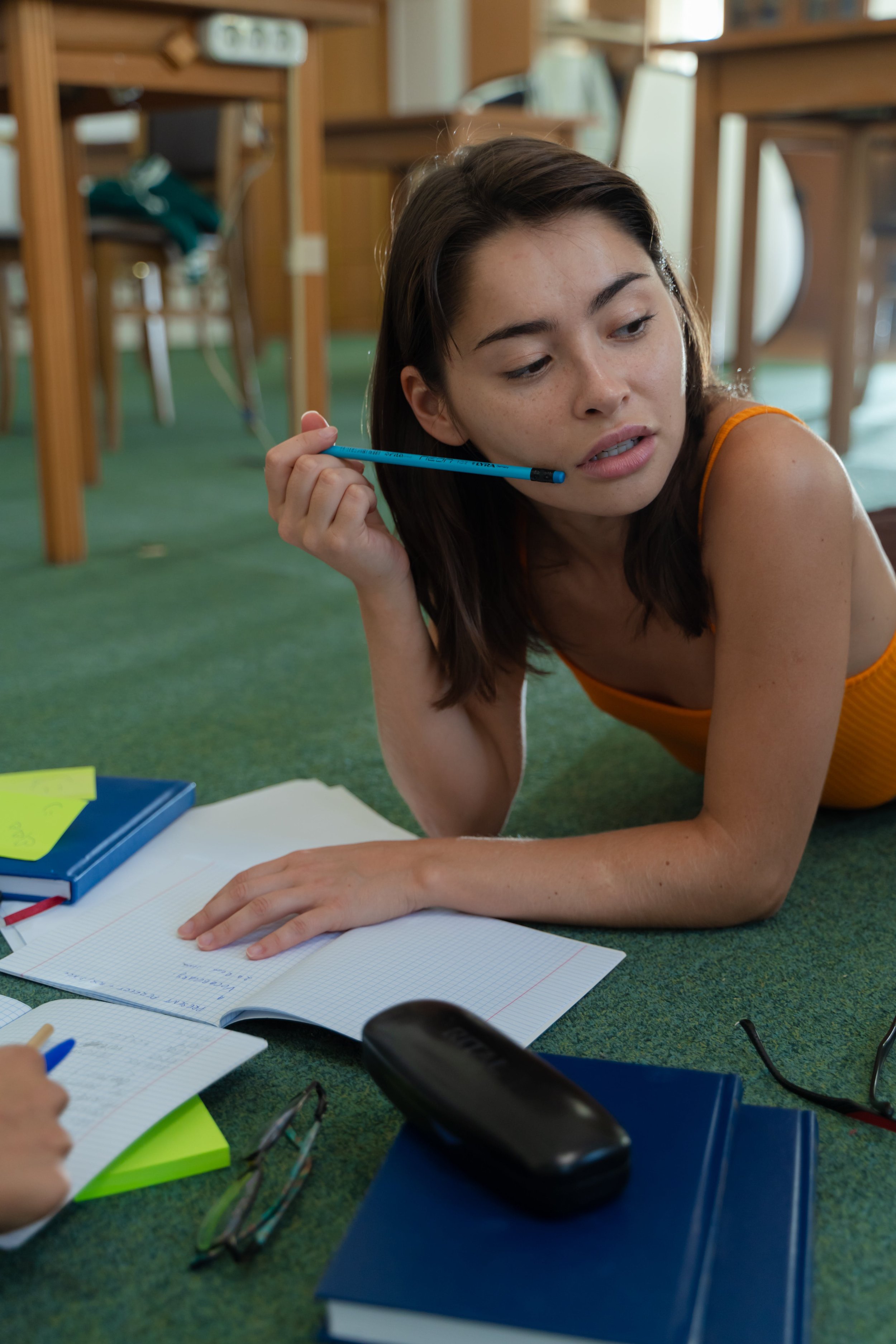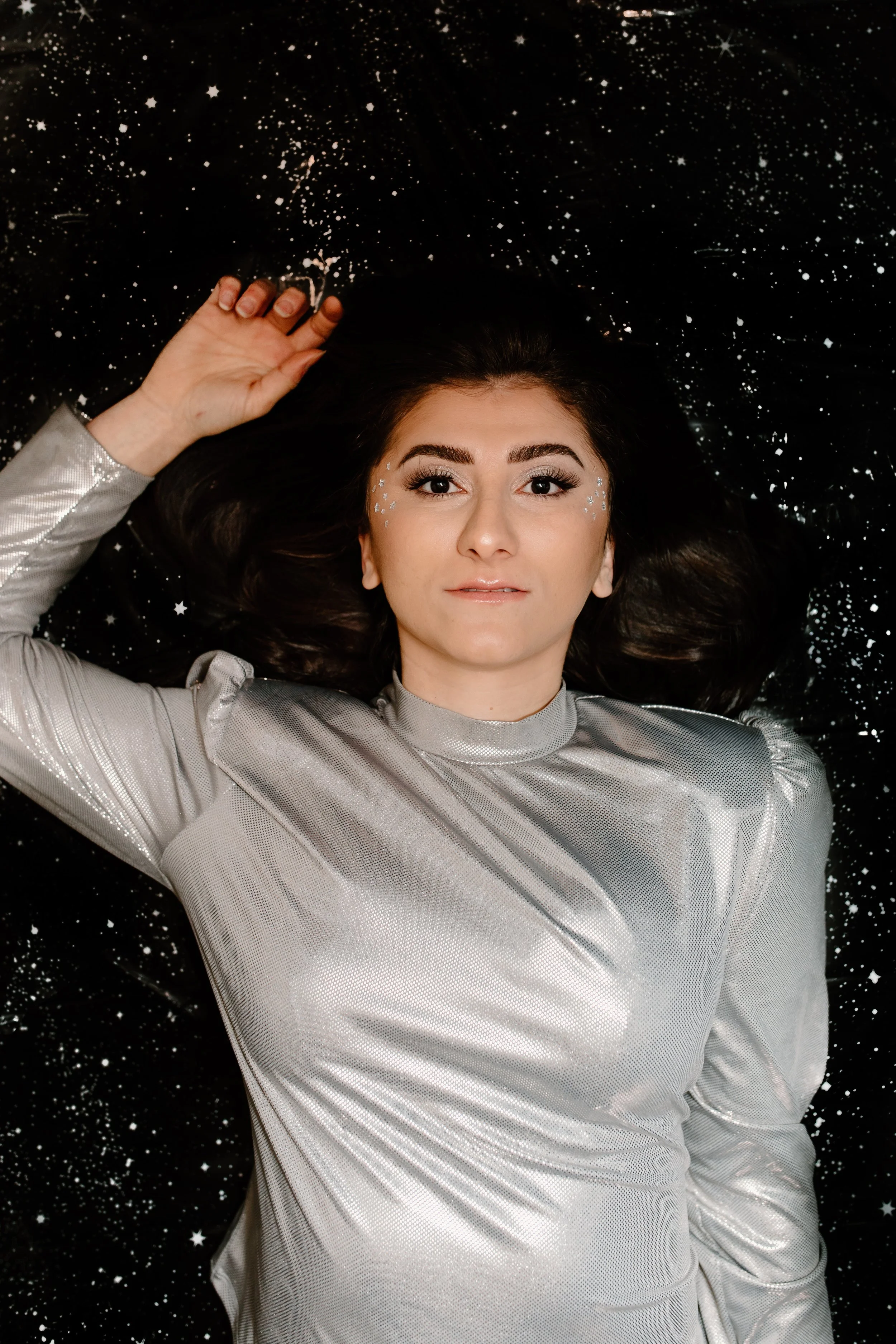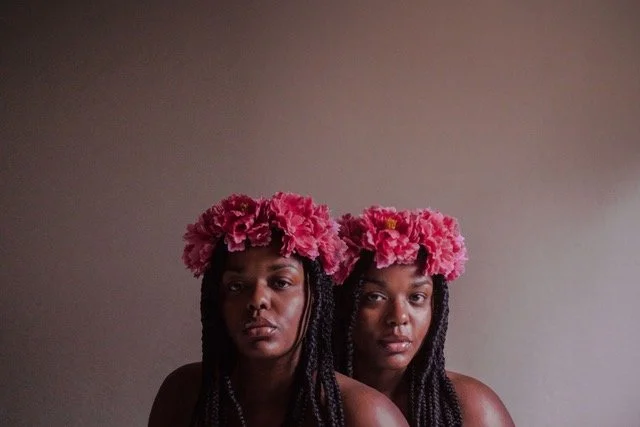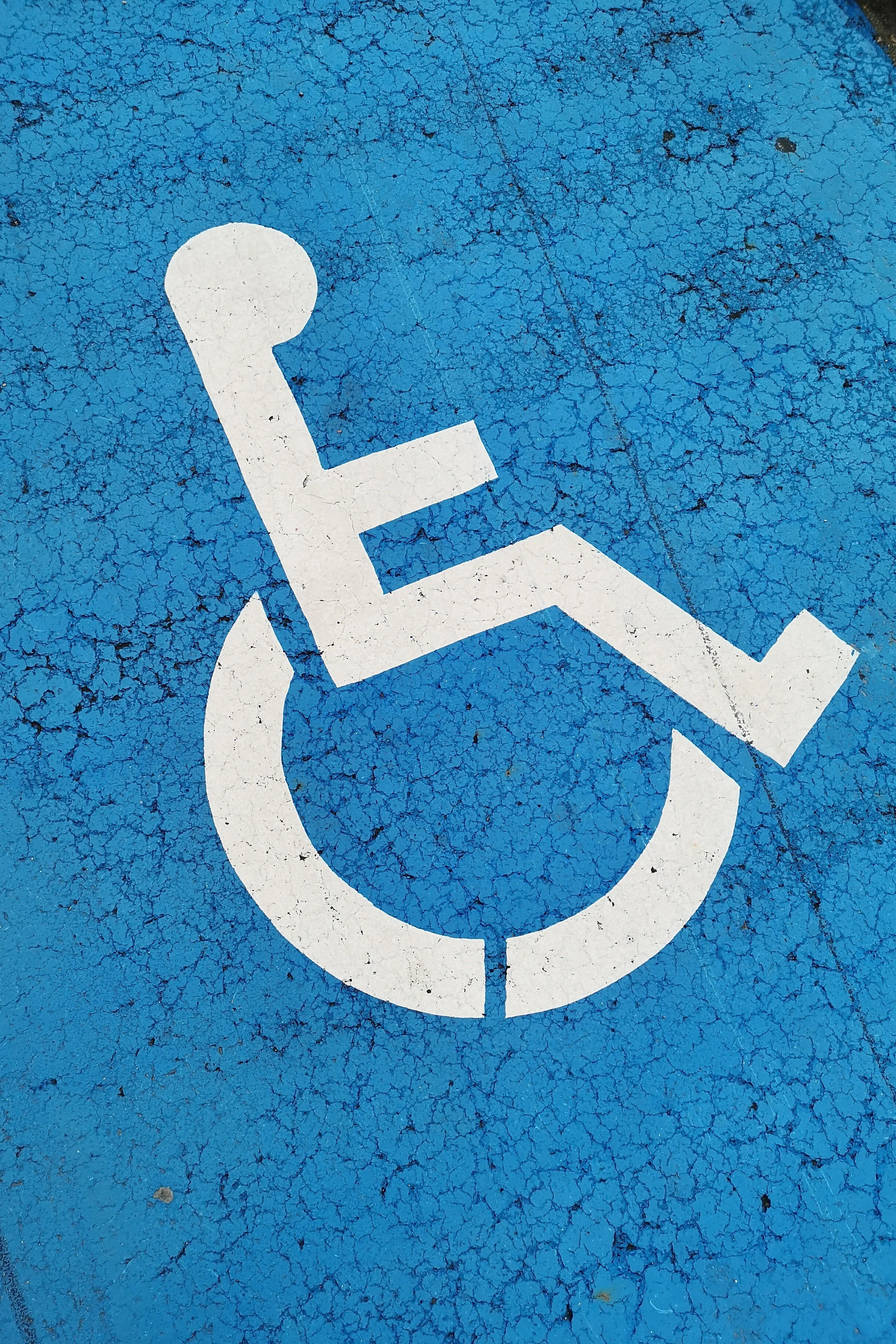
‘Can You Really Be a Queer Muslim?’: Intersectionality and the Complexity of Identity
‘The Feeling of Inadequacy Doesn’t Just Disappear’: How Schooling Has Affected My Self-Esteem as a Neurodiverse Person
What did this teach us? It taught us that academic achievement was all that mattered. And it didn’t matter how much my parents insisted that I should ‘just do my best’. These achievements could be used to barter favour, boast and compete, and I didn’t have any. I’d turned up to a sword fight with a French baguette…
How My Disability and Queerness Intersect, and Why Marginalised Communities Should Unite and Fight
Both the disabled and LGBTQ+ community have been facing inequality for decades. Even though there are more forms of representation and a bigger collective voice, serious issues are still being ignored and we still lack representation in larger bodies such as political landscapes and corporate groups. One way we combat this is by banding together…
Why I Am Done Being an ‘Inspiring’ Disabled Person
Recognising what I cannot do because of and what I can do despite my disability enables me to see how my disability affects me. In turn, it allows me to see what I am capable of as a result of my disability. I am capable of things that do not come easily to neurotypicals…
It’s Difficult Not to Compare My ‘Before-self’ to My ‘After-self’: Learning to Feel Whole Following a Life-changing Disability
I was thirty-eight years old and had just become a first-time mum. Ten days after giving birth, a blood clot blocked blood and oxygen flow to my brain. In the blink of an eye, my life was split into two parts: Before and After. I interpreted the intent of the stroke as swift justice. I questioned my life before and held up every transgression, perceived or otherwise, as the reason for my ‘punishment’. I also split myself into two parts: Her and Me…
Social Exclusion, Oppression and Depression: Growing Up Deaf in a Hearing World
I became a target for bullies who would shout into my ear and rip my hearing aids out of my ears. Trying to follow the teachers’ lips was also difficult as they would turn their back as they wrote on the board. Even amongst family members, I would follow their lip pattern the best I could, but most of the time they would talk at me, instead of to me…
My Liminal Disability and Why Academia has an Accessibility Problem
The past few weeks have offered a steep learning curve – a first-hand experience of accessibility barriers that are new to me. It’s profoundly altered my relationship with university spaces, their alienating architecture and ableist attitudes. While I love to study the Gothic, I don’t think anyone should have to live in a suspended sense of Gothic liminality to call themselves an expert…






